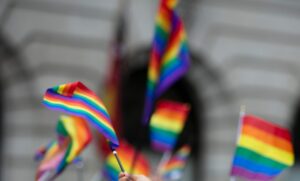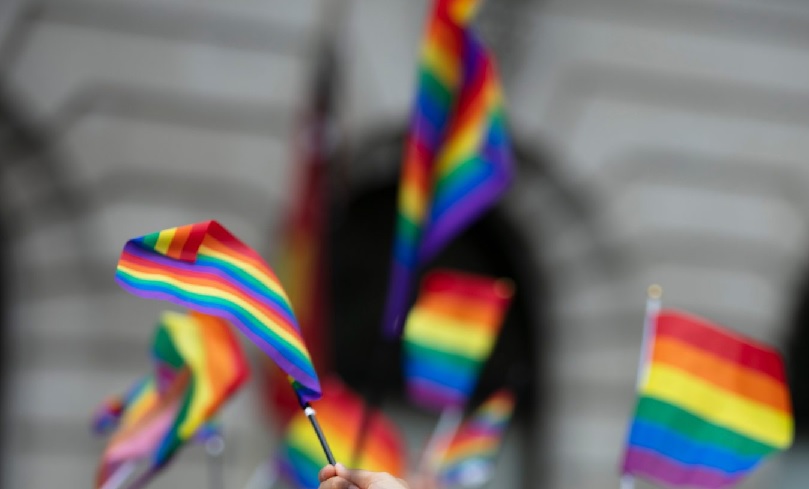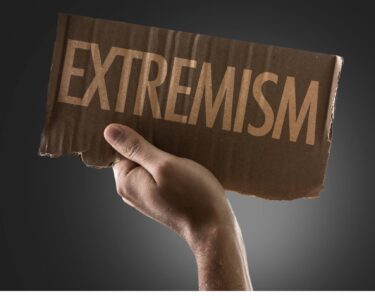Sri Lanka’s Struggle for LGBTIQ Rights Faces Religious Opposition

Sri Lanka is trying to build a more inclusive society by passing laws that could bring greater equality for the LGBTIQ community. However, these efforts have faced strong opposition from religious leaders who believe that such changes could harm the country’s culture and social values. The controversy began when a bill was introduced to decriminalize same-sex relationships between consenting adults. This bill has sparked debates and led to religious leaders voicing their concerns publicly and even writing a letter to the president.
The bill, first presented in 2022, aims to change Sections 365 and 365A of the Penal Code, which currently criminalize certain sexual activities. These sections are vague and have been used to target the LGBTIQ community unfairly, leading to harassment and violence. The Penal Code, influenced by British colonial laws, has not changed much since Sri Lanka gained independence. Although Britain itself decriminalized homosexuality in the 20th century, Sri Lanka still holds on to these outdated laws.
In 2023, the bill was placed before Parliament, and while some supported it, others challenged it, claiming it was unconstitutional. The Supreme Court, however, ruled that the bill did not conflict with the Constitution, allowing it to move forward. Despite this, the bill has been met with significant backlash, with many arguing that it threatens the moral fabric of Sri Lankan society. Much of the opposition is based on misinformation, such as the false belief that the bill would legalize same-sex marriage, which it does not.
Religious leaders argue that decriminalizing same-sex relationships goes against Sri Lankan culture and religious teachings. However, activist Natasha Swarnapali, in an interview with Lanka Newsline, highlighted that Sri Lanka’s history shows a more inclusive past where gender and sexual diversity were accepted. For example, historical records describe the existence of homosexuality among Sri Lankan kings, which challenges the idea that LGBTIQ identities are foreign or new to the country.
Swarnapali also points out that religions like Buddhism and Hinduism do not explicitly condemn homosexuality. Buddhist texts, for instance, do not mention that homosexuality is against religious principles, and Hindu texts also discuss gender and sexual diversity without labelling them as immoral.

In conclusion, while the move to decriminalize same-sex relationships in Sri Lanka is a step toward equality, it faces resistance rooted in misinformation and outdated beliefs. Swarnapali urges the public to recognize the historical and religious evidence supporting inclusivity and to challenge the prejudice that continues to marginalize the LGBTIQ community







